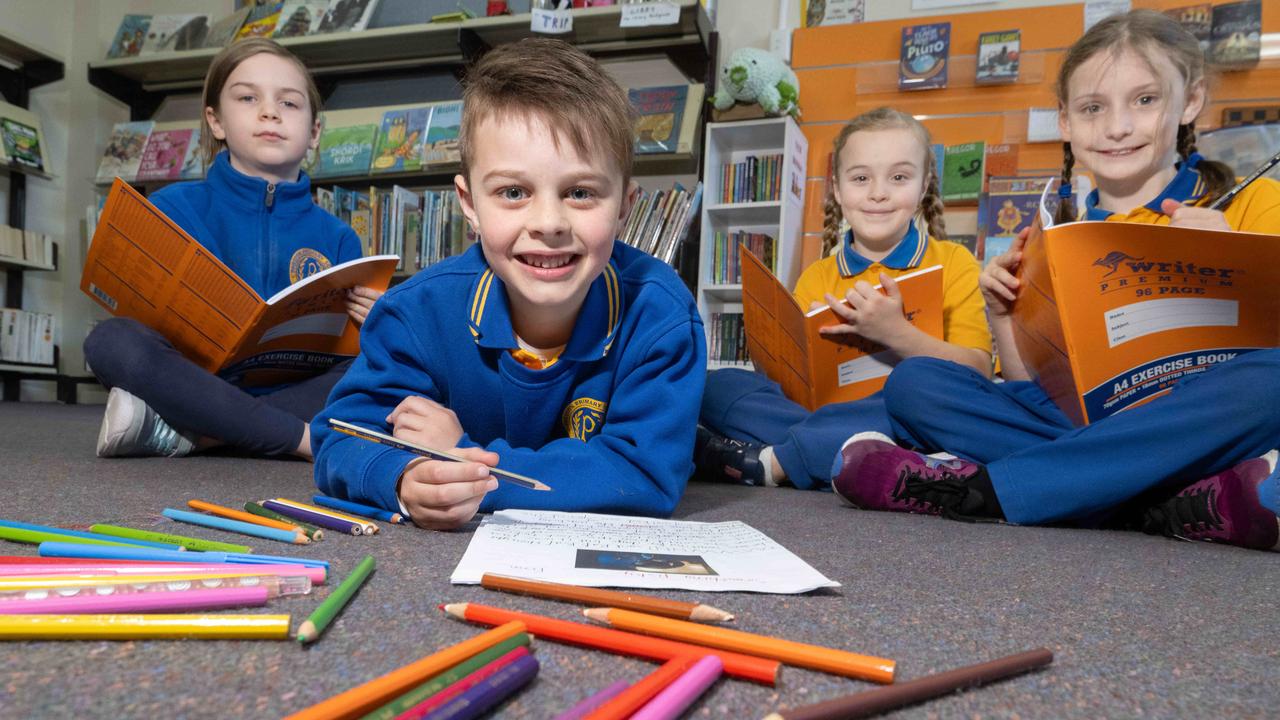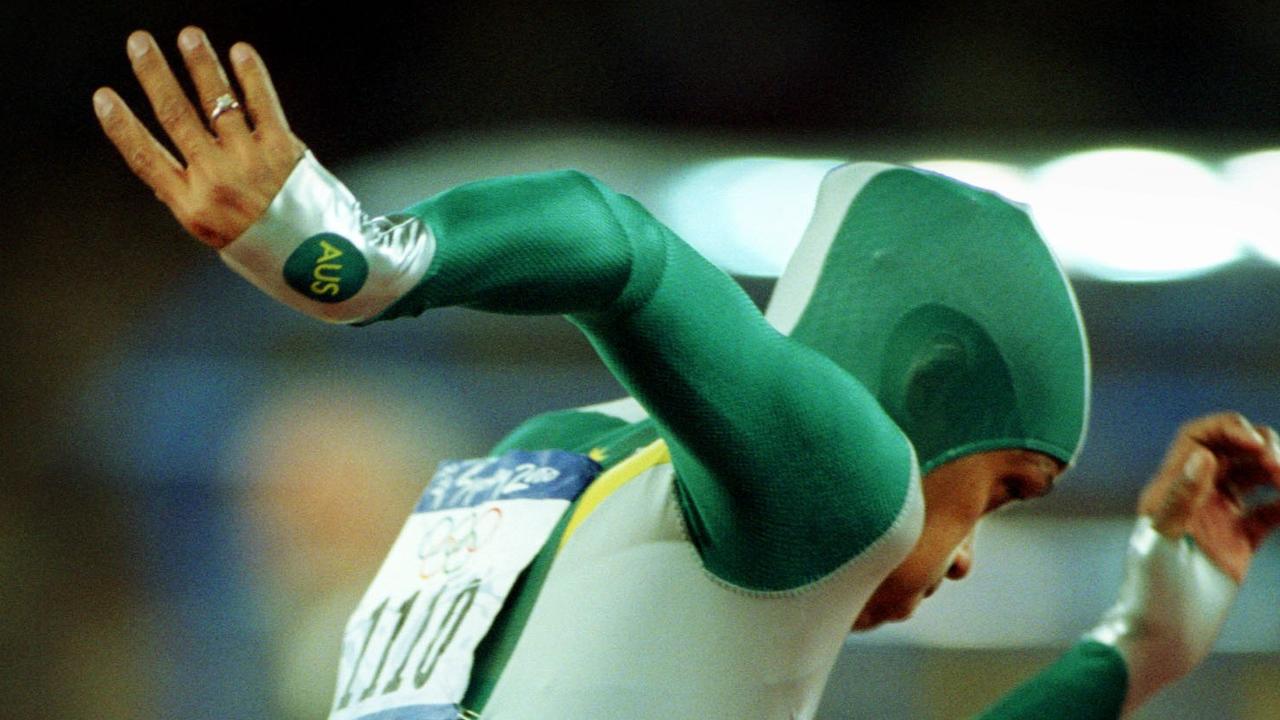The write time is now for getting your entry submitted in time
There is still time to enter your best effort in the annual Kids News Short Story Competition - and if you’re stuck for ideas, one of last year’s winners suggests a new dog and old tricks
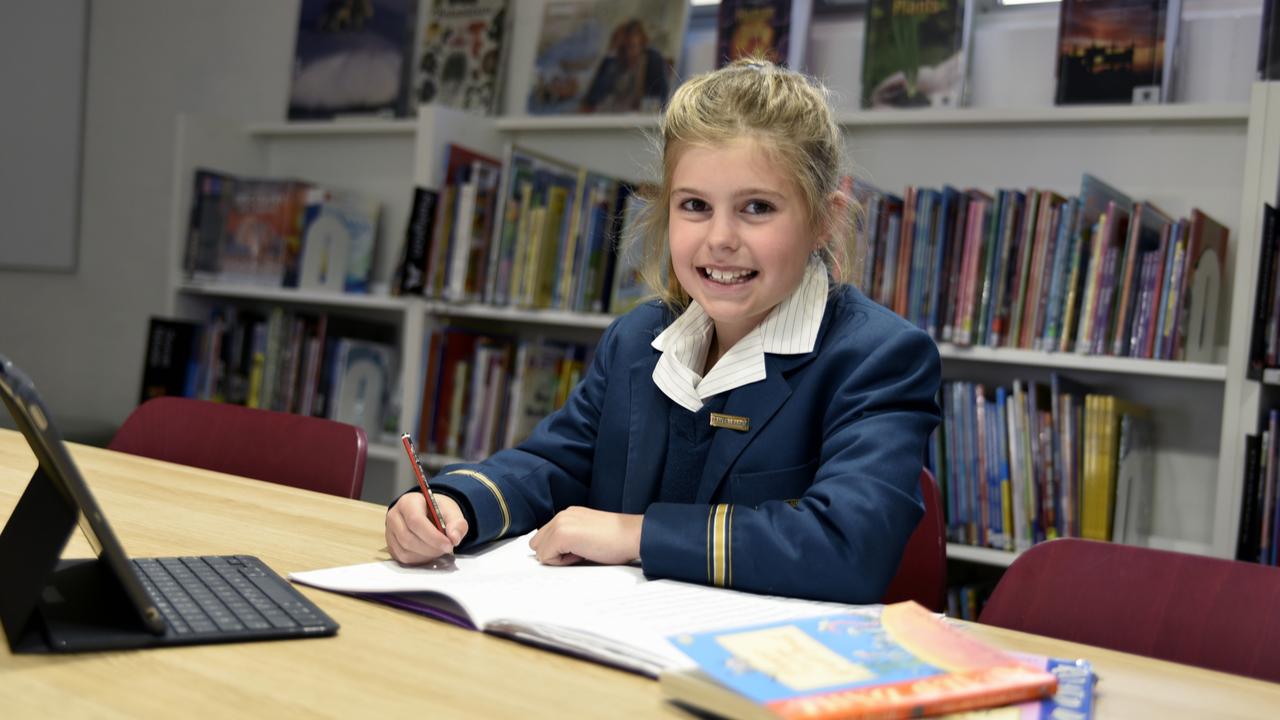
READING LEVEL: GREEN
Everyone loves a good story, but it’s not always easy coming up with the right idea for your own – especially when time is running out.
With just days to go to enter the 2021 Kids News Short Story Competition, remember that the adage* “write what you know” has been passed down for centuries for a reason.
Using your own life as material* is a starting point for most writers – and one fast-track to a fresh idea is to zero in on something in your world that has recently changed.
For example, Covid has up-ended routine and regular life for children around Australia, but it has also delivered canine* companions* to countless kids. The family pet isn’t just endless amusement and cuddles – now it can be the source of your inspiration too.
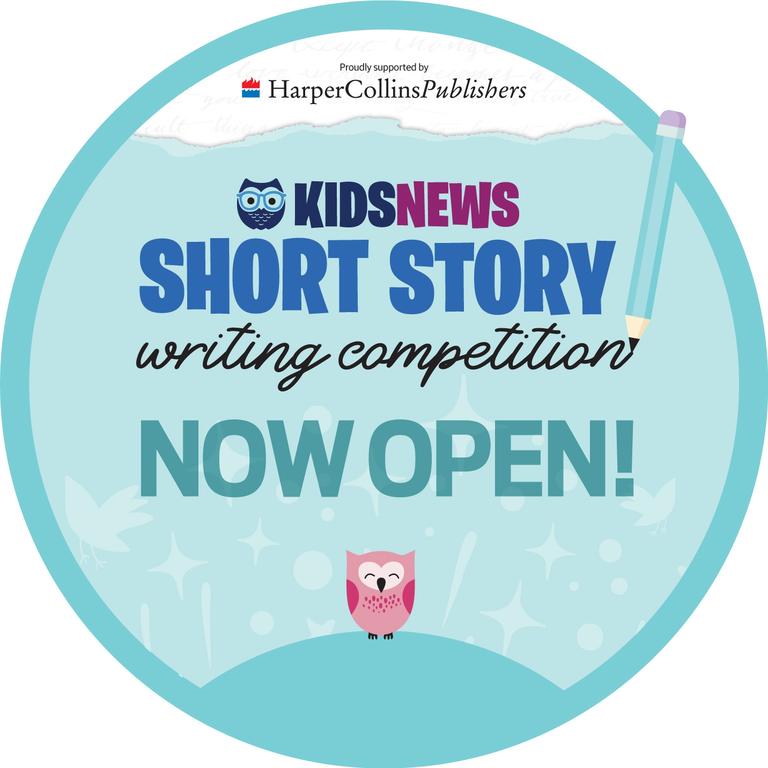
And you are never too young to start writing. Winner of the 2020 Kids News Short Story Competition in the kindy to year 2 category, Alyssa Reed, now 8, said her entry this year is a short mystery starring her new dog, Ruby, who joined the family in April.
“When I’m brainstorming* ideas for a story, I think about me and my life,” Alyssa said. “I think about her and then I think to myself, ‘This can be a story about dogs’.
“The thing that I like about reading is if the book’s engaging*, it hooks me in and makes me want to read more, so when I write my stories, I try to do the same thing. I sort of think that stories with just humans are pretty ordinary, so I try to make it a bit more interesting.”
A year 3 student at SA’s Loreto College Marryatville, Alyssa’s 2020 winning entry when she was just 7-years-old also featured an animal.
“My story was about a very naughty giraffe who escaped from the zoo because it’s bored in lockdown – it goes to the Children’s Hospital and meets a little girl,” she said.
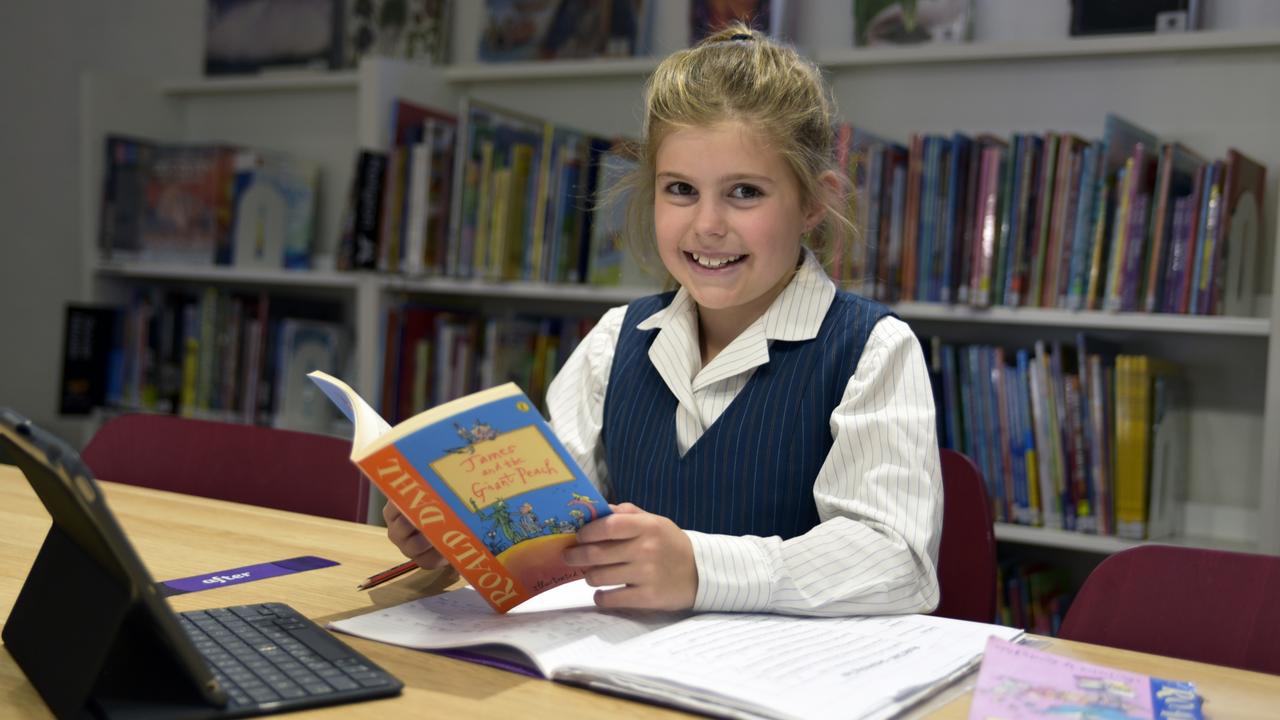
Finding a quiet place to think can be very helpful if you feel blocked and can’t settle on an idea you really like. Even very experienced, grown up authors experience writer’s block* and Alyssa said she finds the initial brainstorming the hardest thing.
“I get a notebook and a pen and I start writing down and planning,” she said. “I do the character’s name, the character’s age, (things) about them (that) you need to know in the story. Then when I start writing, I keep it next to me.”
When it comes to getting better, writing is like any other activity: it is important to understand how other people do it well. Most published writers will tell you they read much more than they write. Alyssa enjoys the work of writers including Roald Dahl and Enid Blyton, but said that her favourite is the Baby-Sitters Club series by Ann M. Martin.
“I like them because they’re interesting and they have a good sense of humour,” she said. “Another reason is, because it doesn’t have any pictures, you sort of have to picture what the scene is and (the author) describes it really well.”
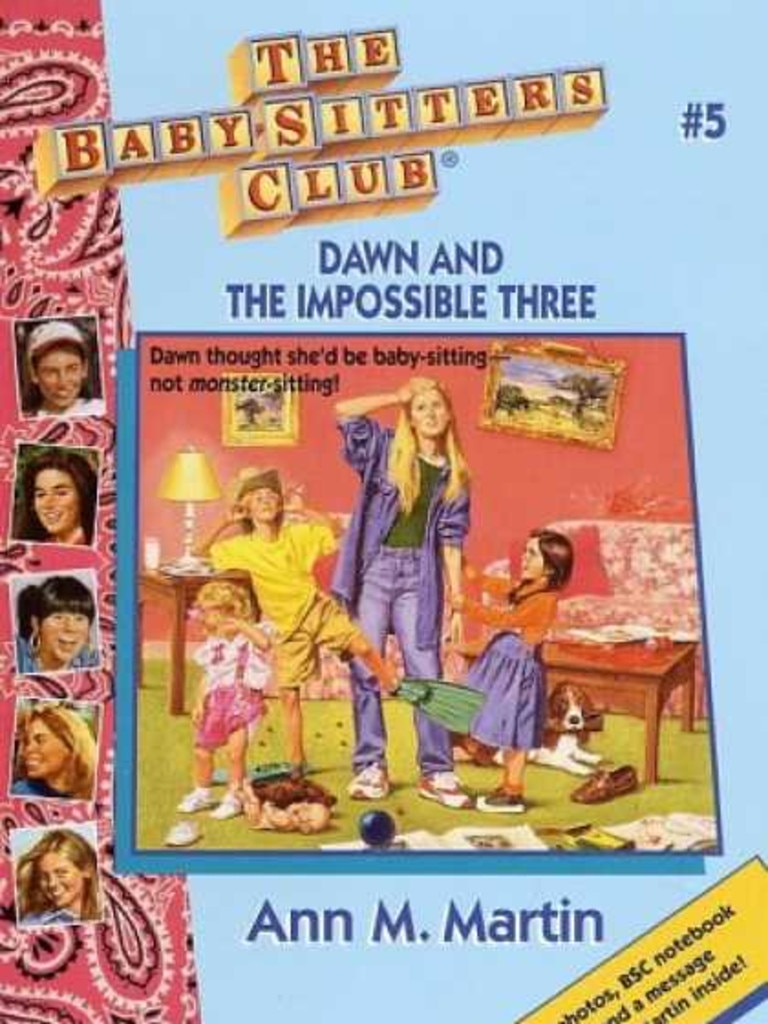
Creating a regular writing routine will also help build your ability, just as you would practise playing football, netball or anything else that relies on using certain muscles.
“At night in bed, I read for about half an hour,” Alyssa said. “I finish at least three quarters of the book, just to see how it worked, and I’ve given myself ideas of how to write my own story.”
When it comes time to put those ideas to paper, Alyssa prefers to be in her room with the door closed, working at her desk either typing on the computer or handwriting on paper.
“I keep another device next to me and I record myself reading it to see if it sounds good, and if it does I print it out and make it into a book,” she said.
Competitions are a great way to get a story finished because you have to meet the deadline, but for Alyssa writing is mainly just for fun.
“If I’m in a bad mood, I feel calm if I write,” she said. “I do want to write stories, but I don’t really want to be famous for it.”
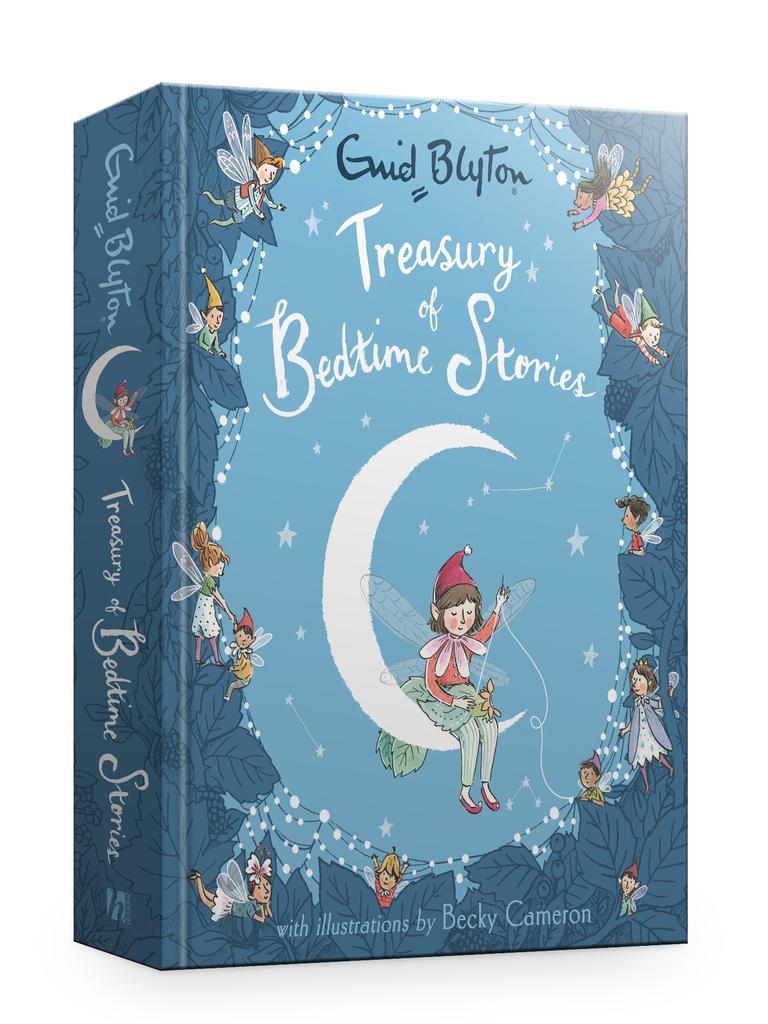
HOW TO ENTER
The 2021 Kids News Short Story Competition is still accepting entries this week in four age groups: kindergarten to year 2; years 3-4; years 5-6 and years 7-9.
First-prize winners in each age category will take home an iPad, a book pack and 10 copies of their winning short story, published into a printed book by HarperCollins.
There are also prizes for one runner-up and three highly commended entries in each age group.
Entries close at 5pm AEST this Friday 17 September, 2021. See the entry form below or visit kidsnews.com.au/short-story-competition
GLOSSARY
- adage: saying, expression, proverb
- material: information, ideas, details that can be used
- canine: dog
- companions: people or animals we spend a lot of time with; friends
- brainstorming: creative technique to produce ideas and solve problems
- engaging: pleasing, appealing, charming, enjoyable
- writer’s block: condition or being unable to think of what or how to write
EXTRA READING
What stories really matter to you?
Enter the 2021 Kids News Short Story Competition
Why Aussie kids love audio books
Author’s golden rules of story planning
QUICK QUIZ
- What was Alyssa’s 2020 winning story about?
- What is Alyssa planning to write about for this year’s competition?
- Who are the three famous children’s authors Alyssa names as among her favourites?
- What practical steps does Alyssa take to overcome the challenge of brainstorming ideas?
- How and where does Alyssa prefer to work when she is writing a story?
LISTEN TO THIS STORY
CLASSROOM ACTIVITIES
1. Story planning
There’s some great tips here on how to get started on writing a great story from one of last year’s Kids News Short Story Competition winners. Plan a short story below and if you can get it finished in time, or if you already have a story you have finished or can fix up, you might like to get your teacher to enter it before the competition closes this Friday.
Your short story can be on any topic of your choice and should be between 250-750 words if you are in Kindy to Year 4, or 500-1000 words if in Years 5-9.
Some story planning tips from Alyssa to help you plan your story:
- write your character’s name
- write your character’s age
- character traits/things about them
- how does the story begin?
- what happens in the middle or what is the problem/complication?
- how does the story end?
Time: allow 30 minutes to complete this activity
Curriculum Links: English
2. Extension
Think about your favourite stories and favourite author. What is it you like about these stories? How can you include some of the things you like in your own story writing?
Time: allow 10 minutes to complete this activity
Curriculum Links: English
VCOP ACTIVITY
My big book of ideas!
There always seems to be a time when you will need to come up with a good idea and draw a blank. Well, now it’s time to be prepared! We’re challenging you to start a book of big ideas and see if you can add three ideas to it to get you started.
You may like to use movies, shows or even a game to inspire you. Maybe you can write the sequel to one of them, or the day you got sucked in and became the main character.
If you have any old magazines at home, maybe you can find some interesting pictures to stick in your ideas book for settings or characters.
Have fun and be creative, but remember facts have a place in fictional stories just as much as imagination does.

